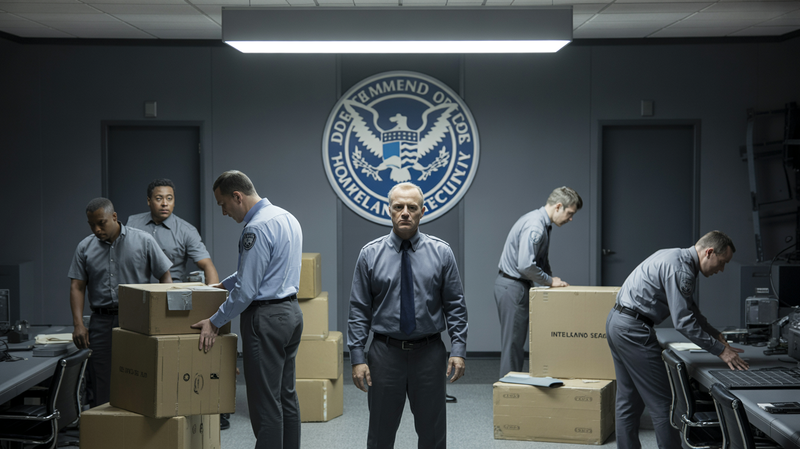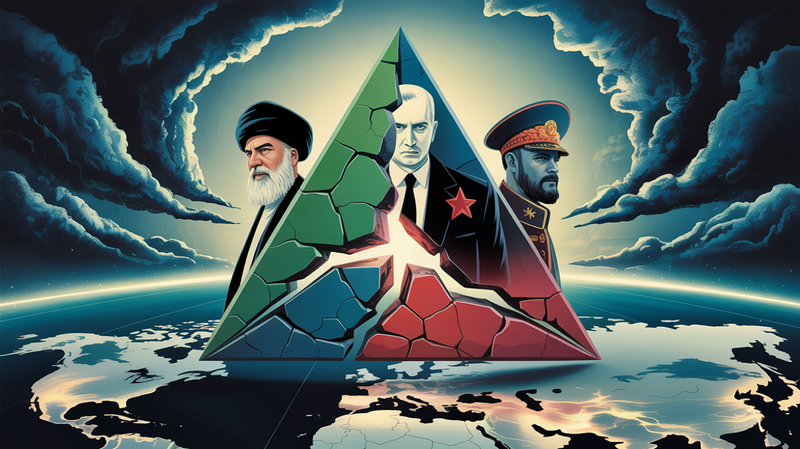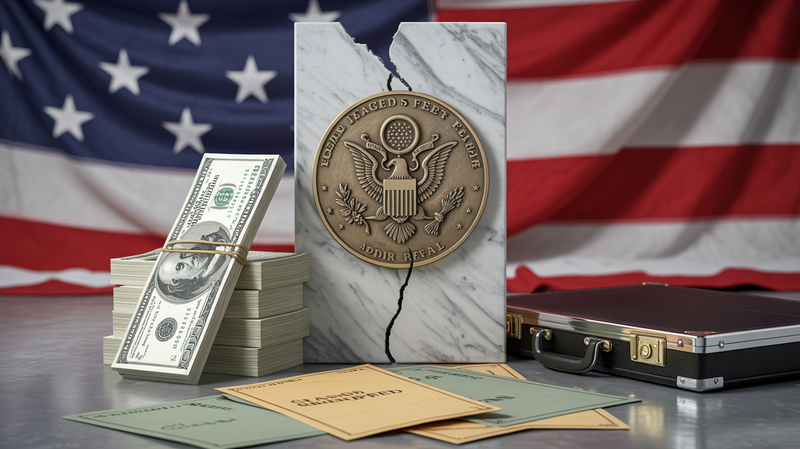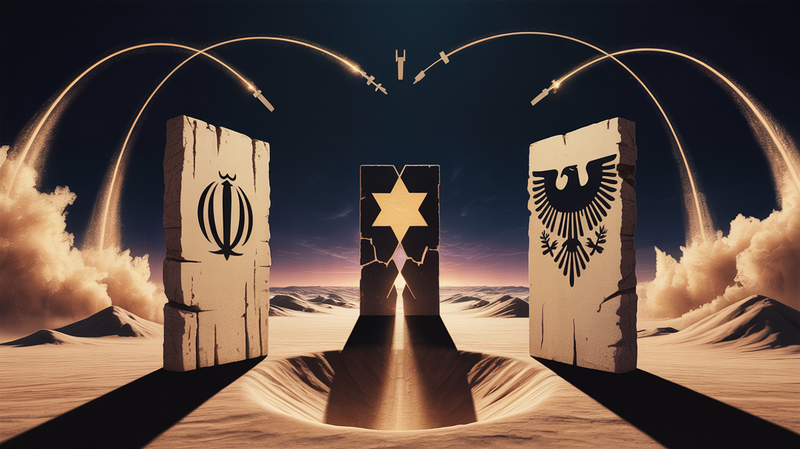From Kremlin to Crown: Could a Modern Monarchy Shape Russia's Future?
As the political landscapes of the world evolve, an unexpected topic has surfaced in the discourse around Russia's potential future – the idea of the country returning to its roots as a monarchy. This notion, while currently in the realm of speculation, poses intriguing questions about the nature of
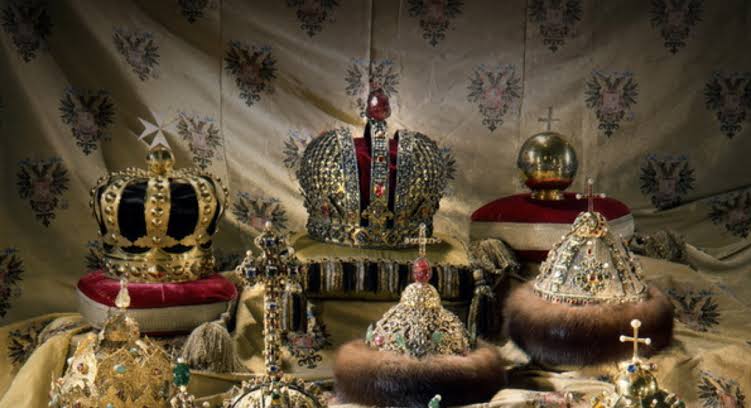
As the political landscapes of the world evolve, an unexpected topic has surfaced in the discourse around Russia's potential future – the idea of the country returning to its roots as a monarchy. This notion, while currently in the realm of speculation, poses intriguing questions about the nature of power, national identity, and historical continuity.
The concept of 'popular monarchism' has been a recurring theme in Russia's history, manifesting itself under various regimes, from the czarist rule to the Soviet era, and into the modern day. Popular monarchism refers to the cultural tradition in which the power of the state is personified by a single individual. Over time, this has enabled Russian leaders to deflect blame for societal hardships onto lower officials, maintaining their image as a national figurehead.
This pattern emerged most notably during the reign of Czar Alexander II when despite emancipating the serfs under unfavorable conditions, local officials bore the brunt of the resulting rebellions. Similarly, at the height of collectivization, Stalin blamed the excessive zeal of local officials, further perpetuating the popular monarchist framework. President Putin has continued this tradition, often using his annual direct line press conference to address local problems.
However, the popular monarchist framework has historically faltered in the face of crisis. This raises the question – is it feasible for Russia to formally return to a monarchy in the modern era? And if so, would it withstand the pressures of 21st-century geopolitics?
Notably, the Carnegie Moscow Center hosted a discussion in 2011 about the possibility of restoring the Russian monarchy. This discussion posited that a modern monarchy could help mend societal divisions and restore continuity with Russia's national traditions. Proposing a peaceful, two-stage political transition process to reestablish the monarchy, they presented a theoretical path forward.
Interestingly, the notion of the Russian throne being occupied by descendants of either the Romanov or Rurikovich Houses, or even members of the British royal family, was floated. A Russian monarchy headed by a British royal could theoretically bring about a unique convergence of European and Russian traditions.
Nevertheless, this speculation remains largely academic. The prospect of a modern Russian monarchy seems unlikely to gain mainstream traction in the immediate future. The complexities of such a transformation, particularly in the current geopolitical climate, make it a considerable challenge.
In the end, the idea of Russia returning to a monarchy offers a fascinating exploration of the country's past, present, and future. It provides a unique lens through which to view Russia's political and cultural dynamics – a monarchy in spirit, if not in name. It remains to be seen whether this spirit will shape the country's future or simply remain a compelling facet of its complex history.
The Russian Imperial House: Guardians of Heritage or Monarchs in Waiting?
The descendants of the Russian Imperial House, while no longer sitting on the throne, continue to play an intriguing role in the cultural and historical narrative of Russia. One key figure, the Grand Duchess, has explicitly stated that while she does not actively seek the restoration of the monarchy, she would serve if asked through a legal and constitutional process. This, however, is merely a fraction of the intriguing dance between history and the present being played out by the Russian Imperial House.
The Grand Duchess's focus, as she emphasizes, is not on chasing political power, but on fostering Russian national character, preserving dynastic laws, and promoting societal unity. She envisions the Imperial House as a living symbol for the people of Russia, providing moral support and assistance, fostering a sense of national identity that extends beyond politics or societal divisions. This perspective marks an evolution from monarchs as rulers to monarchs as national protectors.
Her stance highlights a fascinating aspect of modern monarchy: its ability to act as a national unifying symbol, standing above political and class interests. In this light, a monarchy could indeed support democracy by providing stability, continuity, and an embodiment of national identity, fostering a sense of shared heritage and unity.
This view of the Imperial House's role brings to the fore an interesting potential model for future monarchies. This model reframes the role of monarchs as non-partisan and unifying figures rather than political leaders. Here, monarchies would serve to preserve national character, history, and traditions while supporting social initiatives and fostering unity.
However, the Grand Duchess's stance also underscores a key point: any potential change in Russia's form of government must be the choice of the Russian people. The question of whether Russia would, or should, restore the monarchy is one for the Russian people to answer. The readiness and willingness of the Russian people to embrace such a significant shift are uncertain.
The Russian Imperial House, in its commitment to national service, represents a unique embodiment of Russia's historical legacy. Whether or not a monarchy will have a future in Russia remains to be seen. Still, the commitment of the Grand Duchess and the Imperial House to the preservation and nurturing of Russian heritage and values provides a compelling vision of how a modern monarchy could function. Their role illustrates a path forward for monarchies, not as political institutions, but as institutions of national heritage and unity.

